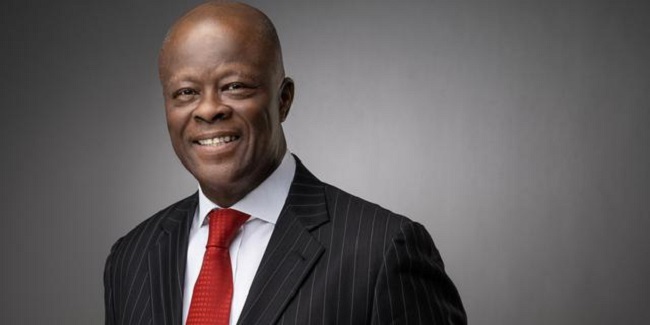The Federal Government said it has disbursed a total sum of ₦16.1 billion to 22 manufacturing concerns from the ₦75 billion set aside by the government to stimulate real sector growth.
Also, it stated that ₦3.5 billion was disbursed to 11,000 beneficiaries in five days from the Consumer Credit Scheme, which is targeting over 80 million Nigerians.
In the same vein, it disclosed that 25 million people have so far been reached under the direct benefits transfer.
This was disclosed over the weekend by the Minister of Finance and Coordinating Minister of the Economy, Mr. Wale Edun, in Abuja.
The Minister, who stated this during the Citizens and Stakeholders Engagement on the Implementation of Presidential Priorities and Ministerial Deliverables for the Fourth Quarter of 2024, highlighted that Nigeria needs to invest at least $20 billion per annum to achieve its economic targets and record a growth rate of about 6.3 percent by 2027.
Noting the need for urgent investments, Mr. Edun reiterated its role in driving economic growth and facilitating infrastructural development.
He pointed out that an additional $20 billion per year is required to grow the economy by an average of 6.3 percent in the medium term.
Edun said, “We need significantly more growth. An additional $20 billion is the target we need for social infrastructure to facilitate logistics for agriculture.”
He highlighted that the government would rely primarily on increased revenue to meet this ambitious target and stressed the need for a robust tax revenue framework to secure the necessary funding, noting that sustainable economic growth hinges on this strategy.
He further stated that “To achieve this target and grow the economy, the government can only secure the funds from revenue. Tax revenue needs to be increased to reach the desired levels.”
Also, Edun linked fiscal discipline and exchange rate stability to Nigeria’s ability to attract foreign investment, noting that controlling the fiscal deficit and ensuring a stable exchange rate would boost investor confidence, leading to more business activity in the country and increased tax revenue from those investments.
Edun said, “Once the deficit and exchange rate are under control, it will encourage investors to come and do business in Nigeria. In turn, they will pay their taxes.”
The Minister of Finance and Coordinating Minister of the Economy underscored the urgent need to pass the Tax Reform Bills, which he said hold much promise for the country.
He urged the National Assembly to iron out the contending issues in the Bill rather than dumping it in its entirety.
Edun pointed out that things are getting better incrementally as progress is being made substantially, even though challenges still remain, but interventions are ongoing to resolve them.
“We are moving from stabilisation to accelerated growth with budget 2025 and the underlying Medium Term Expenditure Framework (MTEF) as our baseline,” the Finance Minister stated.
READ MORE FROM: NIGERIAN TRIBUNE
